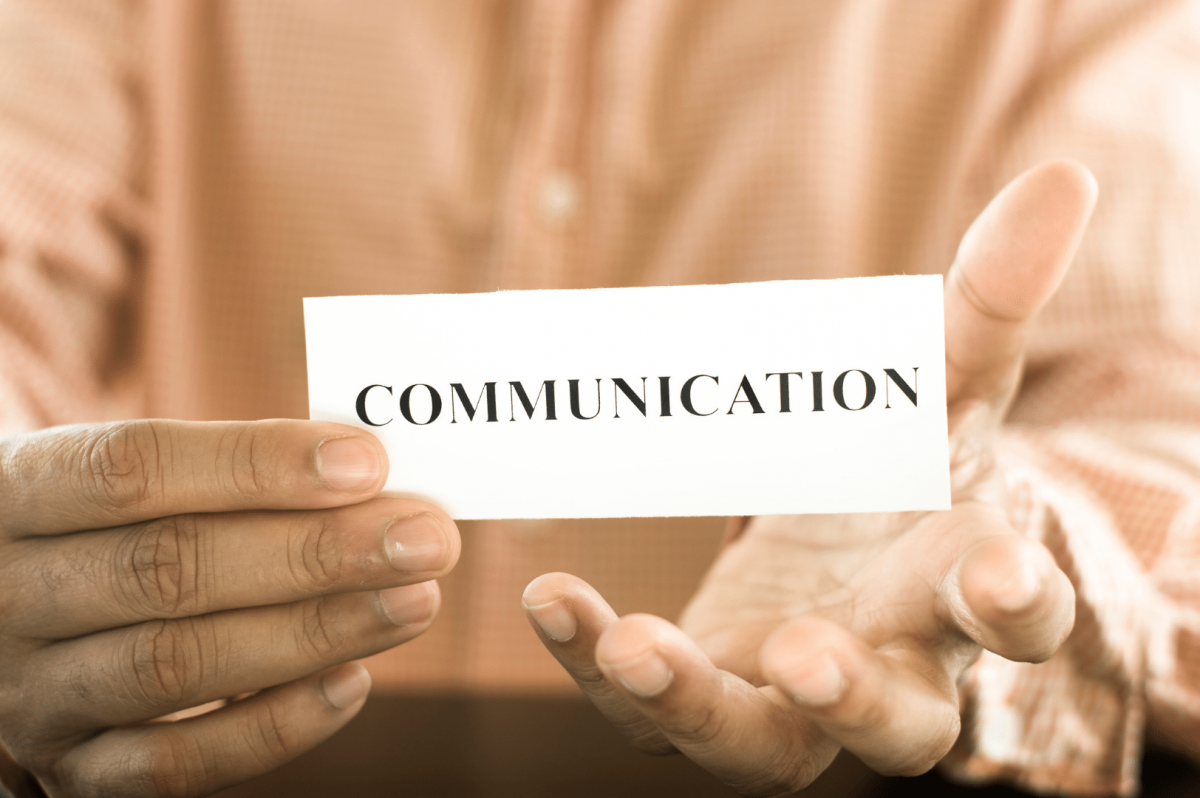Positive Communication Between Nannies and Nanny Parents
Relationships between Nannies and Nanny parents can be difficult to navigate with a host of potential issues to overcome. Most of these issues can be prevented or resolved by using clear and effective, positive communication. In fact, positive communication is one of the most important tools a Nanny can have.
Why work in partnership
A Nanny and Nanny parents need to work in partnership for the good of the children involved. When caregivers and parents work together towards similar aims, outcomes and day-to-day experiences are better for everyone; the children, the parents and the nanny. Working in partnership helps provide consistency for children, which makes them feel safe and secure and in turn helps them to learn and develop. It is crucial for caregivers and parents to develop solid and secure partnerships when working together to care for young children.

How communication supports working in partnership
Good communication allows both parties to set and maintain clear expectations for their relationship. When it comes to nannying, communicating clear expectations helps both the nanny and the parents to build trust in one another, feel comfortable and ultimately helps to ensure that care provided to the children remains consistent.
Nobody knows a child better than their parents and parents are their children’s first educators, so in order for children to thrive, nannies will need to draw on this knowledge. In addition, nannies are professionals who are often trained in child care child development, so in many circumstances parents will often need to draw on nannies’ knowledge and experience too. This partnership works best where there is a two-way flow of information and mutual respect.

Daily communication
On a day to day basis there is actually quite a lot for Nannies and Nanny parents to communicate about. Some nannies will be working alongside parents, whilst others will have a handover, or a period of transition from parental care to nanny care, to help make the transition easier for the children.
A good handover requires clear communication from both sides. Nannies can ask questions to gather the information they need for example, “Did he sleep well? “What time did he wake this morning?” or “What did she have for breakfast?” They can also use this time to begin setting expectations for the day. If a parent is heading off to work, it may help them to know what their little one will be doing during the day. For example, a nanny may say “we’ve planned a picnic in the park at lunchtime” or “we’re going to have a playdate with his friend Martha this morning” so that when the parents are at work they have a concrete idea of what the activities their children are engaging in.
Some nannies use daily diaries to communicate the basics, which often include what types and how much food has been eaten, what time and how low the children have napped or when the baby’s nappy has been changed, whilst other nannies and caregivers are happy to relay this information in person. Different methods will work for different families and different nannies, it’s important to find what works best for your own situation.
Apps and texting can also be ideal methods of communication, allowing the nanny to send quick photo updates throughout the day. but you should only have more important conversations face to face as apps and texting mean that things like gesture, body language, facial expression and tone of voice are missing so meaning can get muddled.

Difficult communication
There will be times as a nanny that you need to have a more difficult conversation with parents and throughout the relationship, positive communication will be vital. For example, it might be that the child has displayed some difficult behavior, injured themselves or you may have concerns about their development that you need to raise. These kinds of conversations should always take place face to face in the absence of the children. In these types of situations, when nannies and parents need to communicate about more difficult topics, a nanny should try and select a time where the parent is not rushed and is able to listen without distractions. If the situation warrants it, it may be worth arranging a meeting time in advance.
Nannies should always try to ensure that a conversation doesn’t become a list of complaints. This is not to say that you should sugar coat information, but it’s important to recognise positive qualities the child exhibits as well. If you have had a day of difficult behavior, then you should be truthful about that, but there is often good alongside bad behavior so try to acknowledge this during the conversation.
Where you have developmental concerns about a child, remember that a parent will find this difficult to hear and take care to approach this sensitively. Nannies should never attempt to make any kind of diagnosis themselves as they are not medical professionals. Instead, tell the parent what you have observed or experienced, why this concerns you, and what you’d like to do going forward. For example, you may feel that a child has delayed speech so you might tell the parent that you can see they understand the majority of what you say, but they aren’t really trying to form words and they don’t have as much expressive language as you would expect for their age. You might also state that this could be concerning as speech is a key area of learning, and gently suggest that the parents mention it during the child’s next visit to their pediatrician.
When discussing an accident or incident, nannies should report these occurrences shortly after they happen as opposed to waiting until the parent arrives home. This gives parents the opportunity to express if they would like you to get medical attention, but also can be useful to mentally prepare them for a black eye or visible bumped head when they arrive home.
Positive communication between nannies and nanny parents is the key to a successful working relationship and to achieving better outcomes for children. You can learn more about this vital skill at the International Nanny Institute. Our OCN-London approved course, Working as a Nanny, helps students understand what will be expected of a professional nanny. This includes the kinds of tasks you can expect to fulfill, and explain the types of responsibilities you’ll be taking on. We also offer tips on securing employment and developing a positive, healthy relationship with your next family.





